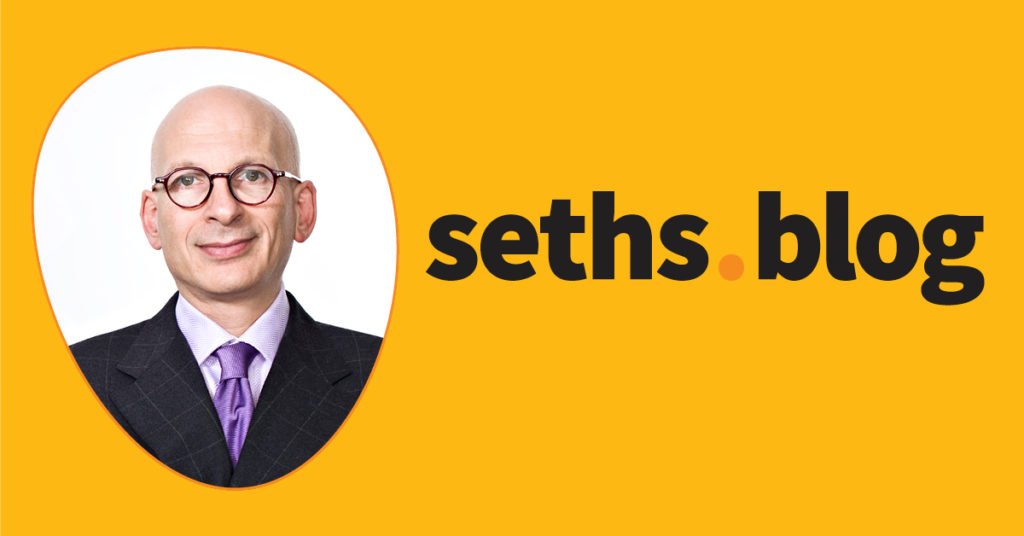Getting found.
No clients, no work.
And the clients have a problem as well: Figuring out who the truly good freelancers are.
A marketplace like Upwork is supposed to solve a classic two-sided problem like this one. But the problem is so difficult that marketplaces often make it worse (and charge too much as well).
They make it worse by pushing people to be bottom-fishing cheap commodity providers. If someone searches for ‘logo designer’, there is a huge amount of pressure to be the freelancer who checks all the boxes, has decent reviews and is also the cheapest.
The problem with that race to the bottom is that you might win. Compliance and commodity pricing can’t possibly work well for an independent freelancer, because there’s always someone cheaper than you.
And clients? Well, every once in a while a good client encounters a freelancer who is worth sticking with. The marketplaces, though, want to be sure to get paid for every hour worked, not simply surface the good ones. Upwork is trying to slip through a change in their terms of service (effective in four weeks) that will subject any client who hires a freelancer they found on their site to a fine of up to $50,000–per freelancer. That’s not good for either the freelancer or the client.
The gig economy is based on the magic of finding the right person for the right job. It falls apart when it becomes a commodity marketplace in which each freelancer struggles to be valued for the magic their able to create.
For most freelancers, the hard part isn’t doing the work–it’s being tricked into believing that they have to be the lowest bidder to succeed.
More on this in our upcoming workshop for freelancers. Sign up for updates now and we’ll let you know when it’s launching.
